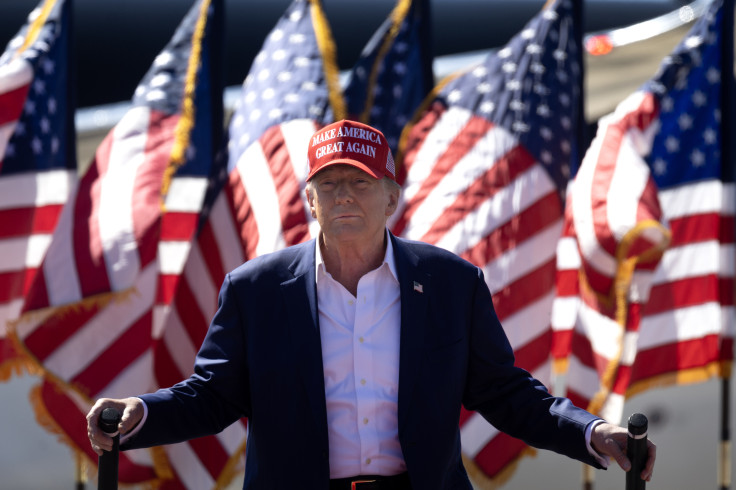
Tensions between Mexico and the U.S. have been simmering for months. Last week, Mexican president López Obrador accused the U.S. of being partially responsible for the violence which currently engulfs Sinaloa. On Monday, the U.S. ambassador in Mexico offered a rebuttal, saying that "what is being seen in Sinaloa is not the fault of the United States."
That same day, reports came out that U.S. officials had expressed concerns over Russia's increasing diplomatic staff in Mexico, which they believe is aimed at bolstering the Kremlin's intelligence operations targeting the U.S.
On Tuesday, during a rally in Savannah Georgia, Republican presidential candidate Donald Trump made a series of comments that are sure to rattle the relations between the two countries even further, as he pledged to impose a 100$ tariff on cars imported from Mexico if he got elected, in a bid to force automakers to relocate production to the United States.
The move, he claimed, would revive American manufacturing and create jobs, though he provided limited details on the potential broader economic impact.
"We will put a 100% tariff on every single car coming across the Mexican border," Trump said in the speech. "The only way they'll get rid of that tariff is if they want to build a plant right here in the United States, with you people operating that plant," the former president said, referring to rally attendees.
He went on to say that he wanted "German car companies to become American car companies, arguing that automakers could avoid the tariffs by producing their vehicles domestically.
However, as the Associated Press points out, Trump's plan could cause a huge upheaval in the American auto industry:
"Many automakers now build smaller, lower-priced vehicles in Mexico — facilitated by a trade agreement Trump negotiated while president — or in other countries because their profit margins are slim. The lower labor costs help the companies make money on those vehicles."
Industry analysts also warn that forcing international automakers to shift production could increase vehicle costs for U.S. consumers.
AP also points out that foreign automakers, including German firms, already have significant manufacturing operations in the United States, citing that BMW's South Carolina facility employs 11,000 workers. Other companies, such as Mercedes and Volkswagen, also operate major factories in the U.S.
In his speech, Trump also proposed a broader strategy to attract foreign manufacturers, including the creation of a special ambassador role and offering access to federal land. He advocated lowering the corporate tax rate from 21% to 15% for companies that produce domestically and pledged to remove certain environmental regulations to expand U.S. energy production.
© 2025 Latin Times. All rights reserved. Do not reproduce without permission.





